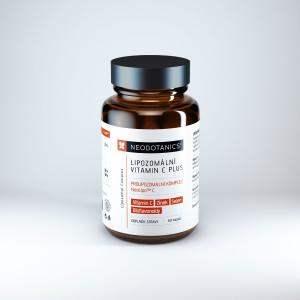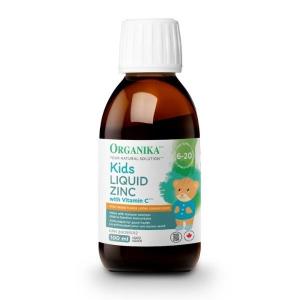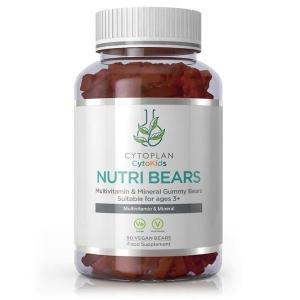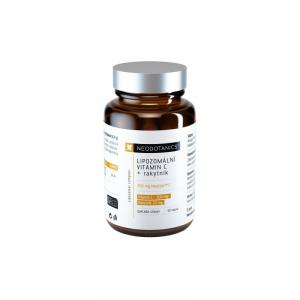
How the Watermelon Diet Works and What Its Advocates Say
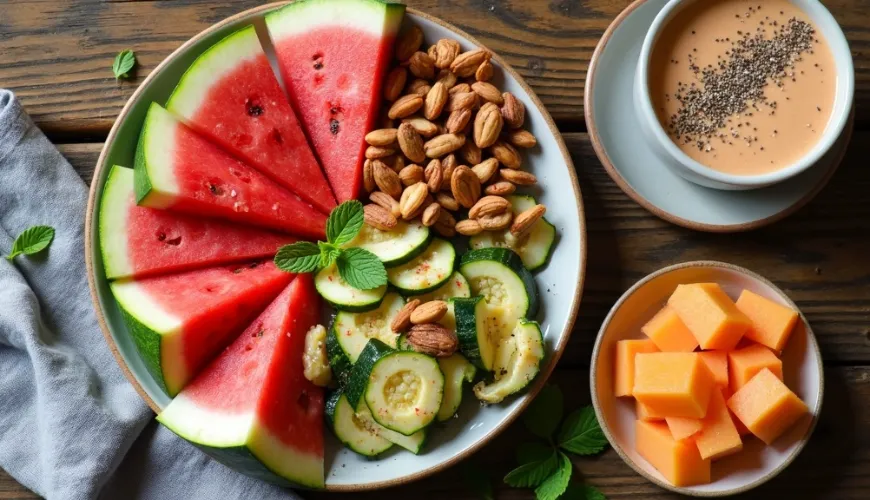
Watermelon Diet - Refreshing Trend or Unnecessary Risk?
With the arrival of the warm months, various "quick" diets promising weight loss within a few days are becoming more frequent. One of the biggest summer hits is undoubtedly the watermelon diet. At first glance, it seems appealing - juicy, sweet, low-calorie watermelon is an ideal summer food. But can it truly aid in weight loss? And what do doctors and those who've tried it have to say? Let's peel back the surface of this popular nutritional trend.
What is the Watermelon Diet and How Does it Work?
The watermelon diet is categorized as a mono-diet, meaning it's based on consuming one type of food. It typically lasts 3 to 5 days, during which time a person eats almost exclusively watermelon—whether red or yellow. Some variations allow for the inclusion of light proteins like yogurt or cottage cheese, or vegetable salads without oil. The diet plan for the watermelon diet is thus very simplistic yet straightforward.
The main idea behind this diet is to lighten the digestive system and quickly dehydrate the body, which can lead to a weight loss of 2–4 kg in just a few days. Watermelon contains about 90% water, is rich in vitamins C, A, and antioxidants like lycopene. Compared to other fruits, it has few calories - about 30 kcal per 100 grams - and is naturally sweet, satisfying cravings for something tasty.
Various watermelon diet meal plans circulate online—some recommend eating only watermelon all day and drinking water, while others are milder and supplement the diet with small amounts of nuts, white meat, or cooked vegetables. All follow the same principle: minimal calories, plenty of fluids, and no processed foods.
Experiences with the Watermelon Diet - What Do People Who Tried It Say?
At first glance, it may seem like a pleasant and tasty way to detox the body. On various forums and in discussions, people often report feeling lighter, having better skin, and reduced swelling after a few days of dieting. Some even mention that the watermelon diet helped "kick-start" a healthier eating style.
For example, in a public discussion about the watermelon diet on the popular Czech forum zena.cz, several users share that after three days on watermelon, they lost 2.5 kilograms and had more energy. "It was challenging, especially in the evening when I craved snacks, but I managed," writes one of them. Another user describes that the diet helped her curb her craving for sweets and overeating.
However, experiences are mixed. Some people point out fatigue, irritation, or headaches during the diet—especially if the body is not getting enough protein or fat. Another common remark is that after returning to usual eating habits, the weight quickly returned, which is not uncommon with most short-term diets.
From a nutritional perspective, the watermelon diet is not sustainable long-term. It lacks essential nutrients—especially proteins, healthy fats, iron, and calcium. Therefore, experts warn that it should not last more than a few days and is certainly not suitable for children, pregnant women, or individuals with chronic illnesses.
Watermelon and Kidneys - A Good Servant or a Silent Enemy?
A common topic related to this diet is the impact of watermelon on kidney health. Given its high water content, watermelon acts as a natural diuretic—promoting urination and flushing out toxins from the body. This can be beneficial in reducing water retention or swelling, but potentially problematic if someone has weakened kidneys.
Some sources suggest that excessive consumption of watermelon—especially in those with more serious kidney disease—can lead to issues with mineral balance in the body, such as potassium. High potassium intake can be dangerous for people with chronic kidney disease because their bodies cannot effectively eliminate it. However, for a healthy person, a several-day diet should not cause complications if practiced in moderation and accompanied by adequate fluid intake.
For this reason, it's important not to overestimate the watermelon diet and to see it more as a short-term regimen rather than a lifestyle. If anyone has any kidney or other organ issues, it's advisable to consult a doctor before starting the diet.
Try our natural products
Does the Watermelon Diet Make Sense?
In general, watermelon can be a healthy part of a diet, but on its own, it is not enough. It is an excellent source of hydration and antioxidants, suitable as a snack or a light dinner. If someone is looking for a way to give their body a break after a challenging period or overeating, a few days on a light diet based on watermelon can be a refreshing pause. But as a means for long-term weight loss or permanent metabolic change, the watermelon diet is not suitable.
From a nutritional standpoint, a more sustainable approach is a balanced diet that includes fruits, vegetables, proteins, complex carbohydrates, and healthy fats. Instead of one-sided diets, it's worth focusing on lasting habits—such as increasing fiber intake, drinking enough water, limiting processed foods, and exercising regularly.
Like any nutritional trend, the watermelon diet has its place—but more as a short-term experiment than a solution to all dietary problems. People often try it as a way to "cleanse" the body or as a start to a healthier regime. Additionally, watermelon easily combines with other healthy foods, such as mint, Greek yogurt, or chia seeds—so even a light summer meal plan with watermelon can be inventive and tasty without being unbalanced.
For a better idea of what such a day might look like, here's a simple example:
Sample One-Day Meal Plan with Watermelon:
- Breakfast: Watermelon salad with mint, a teaspoon of honey, and lemon juice
- Snack: 1 handful of almonds and a slice of watermelon
- Lunch: Zucchini salad with tofu and watermelon pieces for dessert
- Snack: Watermelon smoothie with chia seeds
- Dinner: Yogurt with chopped yellow melon and a teaspoon of flaxseed
It's important to listen to your body and adjust the meal plan to your needs. If weakness, dizziness, or other unpleasant symptoms appear during the diet, it's time to stop immediately.
As the renowned Czech nutrition expert Petr Havlíček says: "Detoxing doesn't have to mean starving—just eat smartly and with respect for your own body."
The watermelon diet can be a refreshing addition to the summer menu and a pleasant way to take a break from heavy meals. But its benefits need to be perceived realistically and sensibly. While results can be quick, they can also quickly disappear. And a healthy lifestyle is not a sprint but a marathon.
